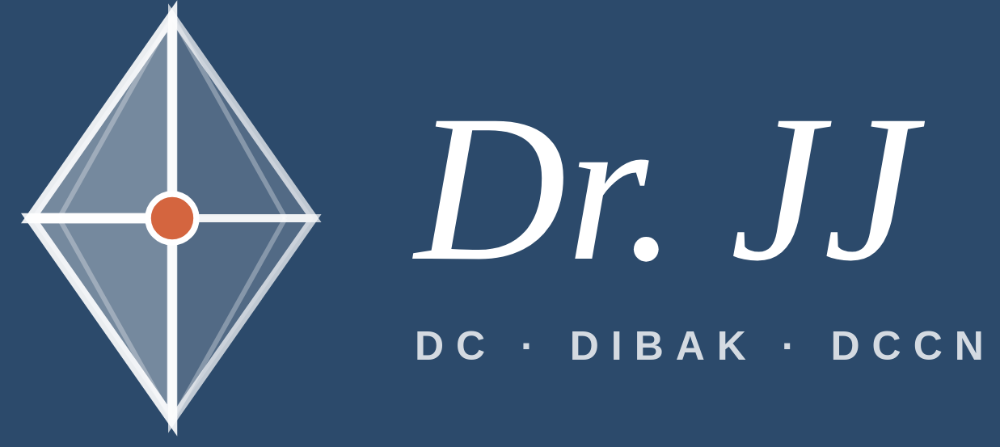When to Start Feeding Baby Solids?

There are so many things that stress and worry new parents. The feeding of their baby is one of the most common concerns that I get asked. Specifically, what and when to start feeding baby solids? Not to add more pressure to the new parent but this really is one of the more important decisions you can make for your child’s health and for your sanity over the next few years.
The right food choices at this time can lead to a healthy gut microbiome and balanced blood sugar that will help curb the ups and downs of the toddler temper tantrums. The problem is that this really is one of those topics that you can get lost in because there are so many theories about what is right and why. When to start?
This one is pretty simple. You should start at about 4 months but all children are a bit different. The exact time is determined by the size and maturity of the child. A physical sign they are ready to start eating/supplementing solid foods away from breast milk is when they stop pushing their tongue when a spoon or food is placed in their mouth.
Should you feed purees or solids? It has been my experience both in my own children and my patients; you really have to let every child tell you when and how to feed them. With TJ we, by we I mean Erin, made purees starting at about 6 months and he loved them. With Lilly, we started at about 4 or 5 months, and she absolutely hated to be fed, anything. She would lock her lips together and actively fight you feeding her. We were at a loss what to do.
However, Erin stumbled on a British technique of adding solid foods into the diet of an infant called “Baby Led Weaning”, and it was the perfect fit for her. Both of these are valid, but both also have their faults.
When you are using exclusively purees you could be using too much fruit, which can over sugar a child, leading to many behavior and pickiness problems later in childhood. The Baby-led weaning works off of the flawed premise that an infant can deductively reason what they want as food; this is flawed because given the choice I think most of us would choose a cookie over a salad or fruit over something else less sweet.
So if you are going to start with purees or the solid foods go with the low sugar veggies and limit the fruit. There is an interesting technique that Sally Fallon of Nourishing Traditions Book of Baby and Child Care recommends that you should boil the yolk of an egg, just the yolk because the babies gut can't digest the white just yet. Then you take a piece of cow's liver, that had been frozen for 14 days and grate that onto the egg yolk.
Sadly, I was never brave enough to do this for my kids, but I have heard amazing things from my patients that have. If you aren't up for the egg and grated liver, then you will be best to go with the lower sugar foods with an occasional banana as a treat.
These foods can include: Raw: Avocado's, Melons, Mangoes, Papaya Cooked: Pureed - apricots, peaches, pears, apples or berries. And don't forget meats Chopped: zucchini, squash, sweet potato, carrot, beets all with butter Fermented Cod Liver Oil
Avoid:
Cheerios: This “food” is grain based and causes massive swings in blood sugar that can result in behavior neurological problems later in life.
Rice or any other cereal: Highly toxic with arsenic and very high on the glycemic index
Commercial Baby Food: Often the first ingredient is water, which means that you are paying for very expensive tap water. If the ingredients are all food and no grains they are acceptable.
Soy Milk Highly processed and full of additives and synthetic vitamins. Also, has plant-based estrogen compounds that can disrupt the growing babies endocrine system.
Hopefully this helps you get your kiddo of to a great start!
Stay connected with news and updates!
Join our mailing list to receive the latest news and updates from our team.
Don't worry, your information will not be shared.

